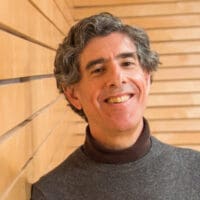Overview
From the Buddhist perspective, and given the neurological insights, we revisit the question of the boundary between the utility of negative emotions and their destructive nature. Are certain negative emotions-specifically anger-always destructive? When might negative emotions such as fear and sadness be useful? Is awareness a factor that can transform negative emotion that is potentially destructive into one that is potentially instructive, or even utilitarian? What can Buddhism teach the science of emotion about using awareness as a fulcrum to keep from falling sway to destructive emotions, and as a tool for exploring the richness of information conveyed by emotions? How can we best distinguish between the necessary features of positive affect such as the social attachment between a parent and child from the pathological varieties of attachment seen in craving? Finally, on the positive side, are there biases in perception associated with happiness?
- Dialogue 811 sessions
- March 22, 2000Dharamsala, Himachal Pradesh, India


